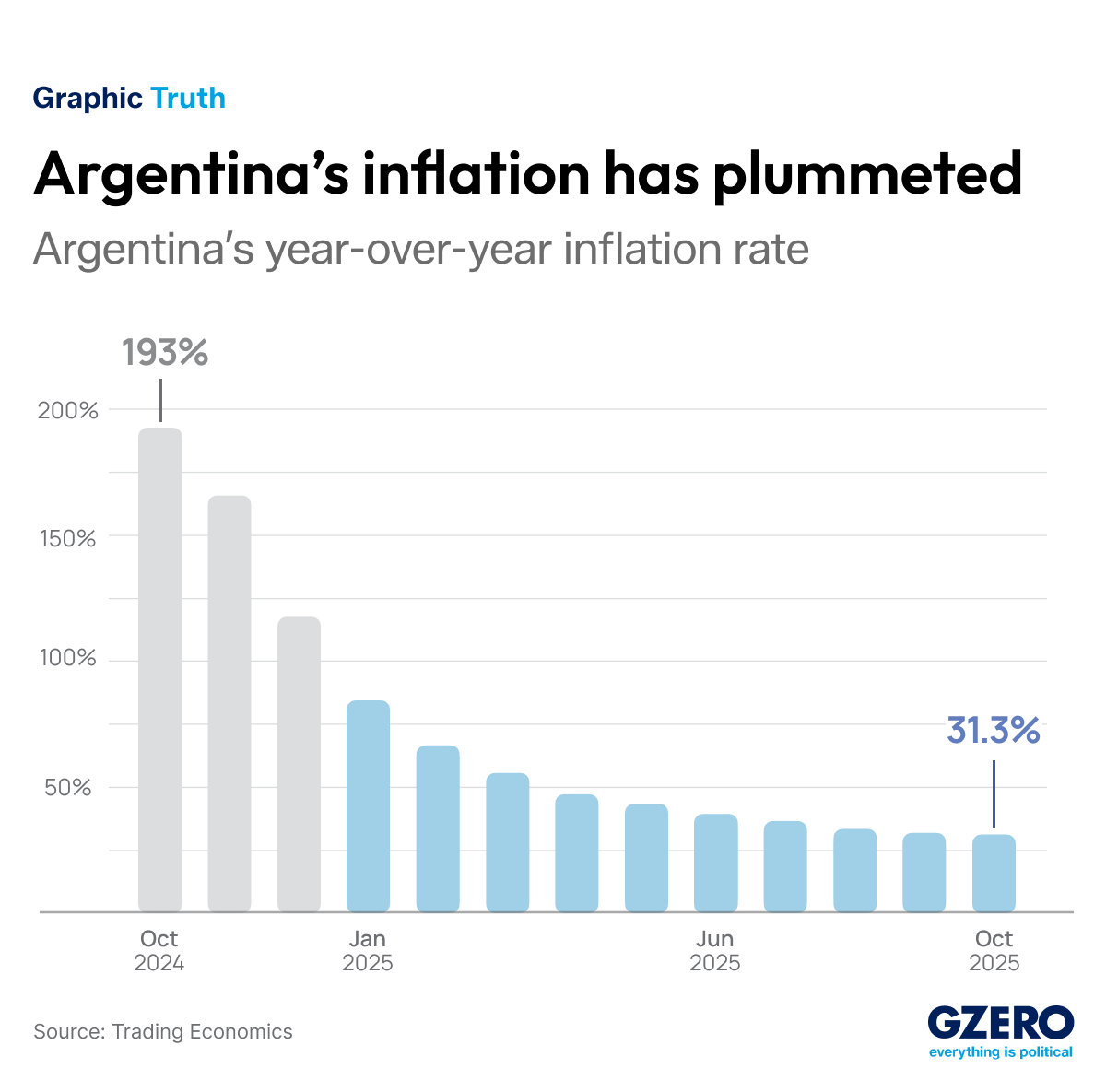Panama's election – On Sunday, voters in Panama will head to the polls to choose a new president. Corruption looms large in the first election since the 2016 release of the Panama Papers exposed the involvement of Panamanian banks and politicians in money laundering and transnational kickback schemes. But one conspicuously absent issue is: China. Panama and Beijing have become a lot closer in recent years, in part because of the Central American nation's critical position in global trade (the canal, yes). We're watching to see not only who wins the election, but how the next president balances between Panama's traditional allies in Washington and a more assertive China.
Cristina Fernández de Kirchner's poll numbers – Things just keep getting worse for Argentine President Mauricio Macri. A business-friendly centrist who rose to power in 2015, Mr. Macri is expected to seek reelection in October. But the economy is collapsing around him and now polls show that his likely opponent, former President Cristina Fernández de Kirchner, would beat him in a head-to-head runoff by a whopping 9 points. That's true even though Ms. Kirchner favors a return to questionable protectionist policies and currently faces charges for bribery, embezzlement, and money laundering.
What We're Ignoring: King Thai's the Knot and A War on Weekends
A royal wedding in Thailand – Thai King in Waiting Maha Vajiralongkorn announced this week that he's gotten married, just days before his long-awaited coronation. The lucky bride is Suthida Tidjai, a former flight attendant promoted to a position within the royal guard and given a generalship in the Thai military. We are ignoring this because, for one thing, she is Vajiralongkorn's fourth wife (watch out Larry King!), but mainly because the bigger story in Thailand is that social tensions are still high following elections in which the military junta that runs the country is accused of rigging the vote. Monarchic nuptials seem like a distraction.
Italy's War on the War on Weekends – The populist coalition of Lega and the Five Star Movement is now debating a measure that would force stores to close on Sundays, in order to get Italians to spend more time in church and with their families. We are ignoring this, because for one thing, anyone who has spent time in Italy knows that Italian shopkeepers are perfectly capable of making themselves scarce on Sunday without a formal law. But more importantly, the measure could cost some 2 billion euros in tax revenue and imperil 150,000 jobs.